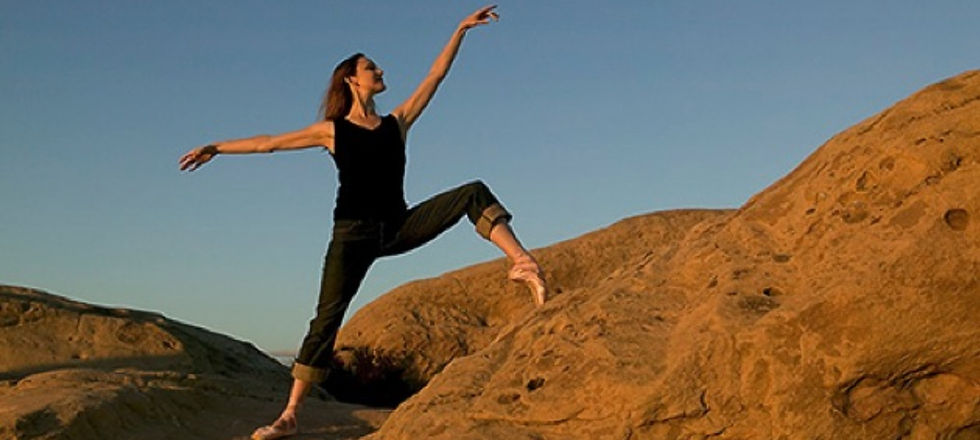Interview With Zippora Karz
- Ava Sokol
- Jan 5, 2025
- 3 min read
Updated: Jan 6, 2025
Zippora Karz has been a long-time mentor to me. She is incredibly qualified and has incredible insight. Having a mentor is extremely essential in navigating the ballet world. I realize that this is not possible for many people, so I think Zippora’s knowledge is incredibly important.

Image by Mark Harmel
Explain your background as an artist and your path that led you to where you are today?
I started training at SAB in New York City when I was 15 years old. At 18 years old, I was invited to be a member of the New York City Ballet, where I danced for 16 years. I was promoted to Soloist Ballerina in 1993. In 1999, as I was retiring from the stage, I was asked to be a répétiteur for the George Balanchine Trust. Today, I continue to teach and to stage Balanchine ballets around the world.
What was your experience attending auditions and summer intensives as a young dancer?
I was always extremely nervous when I auditioned for summer programs. I think it was a positive experience for me to strive to improve and work on what I felt was most desired.
I did experience rejection when I first auditioned. However, I spent the year working to improve and felt committed to working hard. At the time I auditioned, my teacher would make a decision about which students had a good chance of being accepted into which programs, and of those programs, there were only 2, possibly 3. This meant that comparisons and rejections did not come as often as students today experience. Also, students today are in a world of dance that has become much more athletic and technically competitive, far more than I experienced in my day.
How did those experiences shape you?
I think the rejections that pushed me to work hard were valuable lessons. I developed a disciplined work ethic very early on, and the auditions were a part of it. On the negative, I
I did experience some anxiety. I think today there are more tools available for dancers to learn how to navigate anxieties.
What do you look for in dancers when adjudicating auditions?
I look for natural ability and technical potential. Most importantly, I look for discipline, work ethic, musicality, and passion.
What do you think the benefits and harms are of young dancers attending auditions, from your perspective as a teacher?
The benefits of attending auditions include instilling results from hard work, discipline, and passion. The harms can be issues of self-worth due to rejection and comparisons to others, as well as anxieties due to the pressure and competition.
Zippora’s Additional comments
I’d like to expand on my comments concerning the added stress on young dancers today that translates to auditions.
As I mentioned earlier, most performing arts have undergone substantial transformations. Figure skating, gymnastics, and various athletic disciplines have all experienced significant advancements in technical skills. Ballet is no different. Back in the 1980s, when I was auditioning, executing a clean double turn was considered impressive by both students and during auditions. Nowadays, the standard is more around 3 turns, and possibly even 4 or 5.
Social media adds to pressures in a variety of ways. Young dancers watch others from around the world showing what technical feats they can accomplish. I have watched dancers posting turns of up to 10 and more. This comparison would have caused me enormous anxiety.
Again, dancers today watch their peers performing unrealistic athletic feats that cause pressure and anxiety, and cause them to overly focus on competing technically to the detriment of artistry and musicality.



Comments